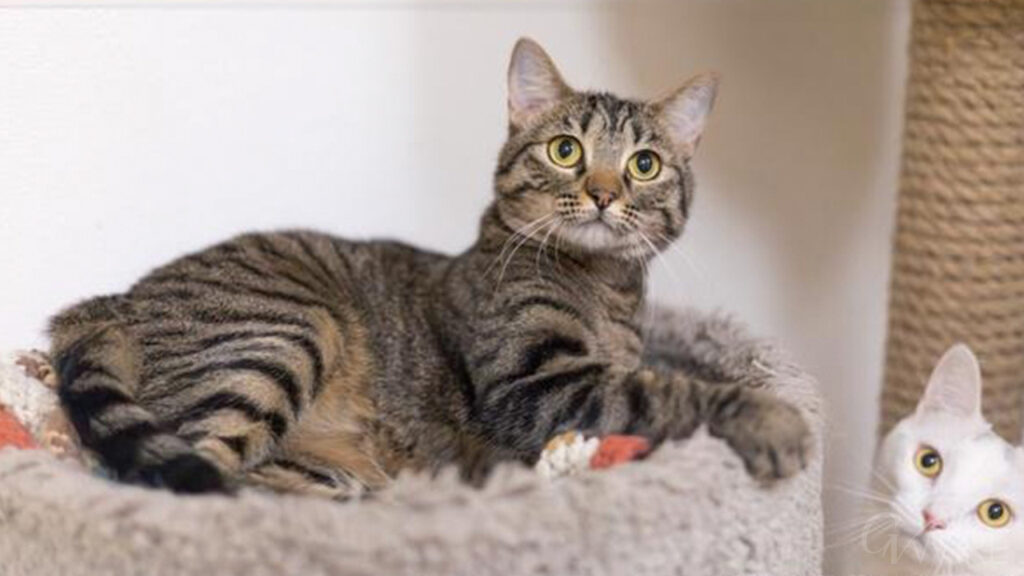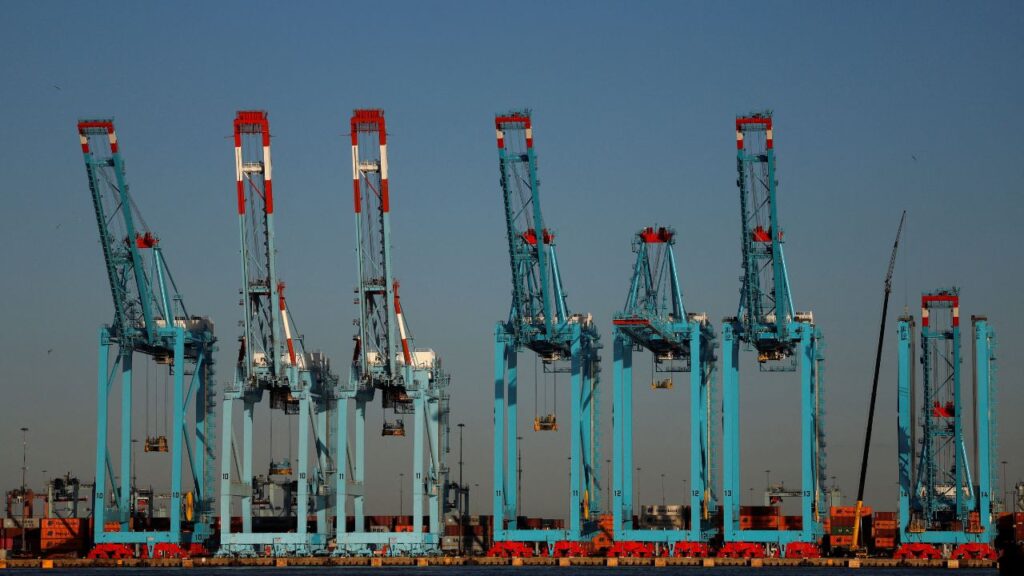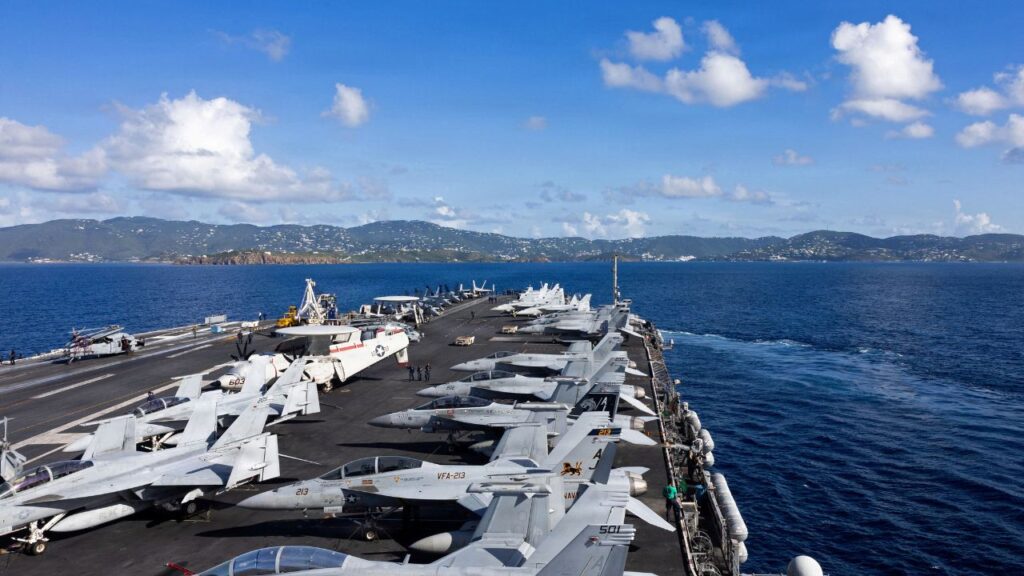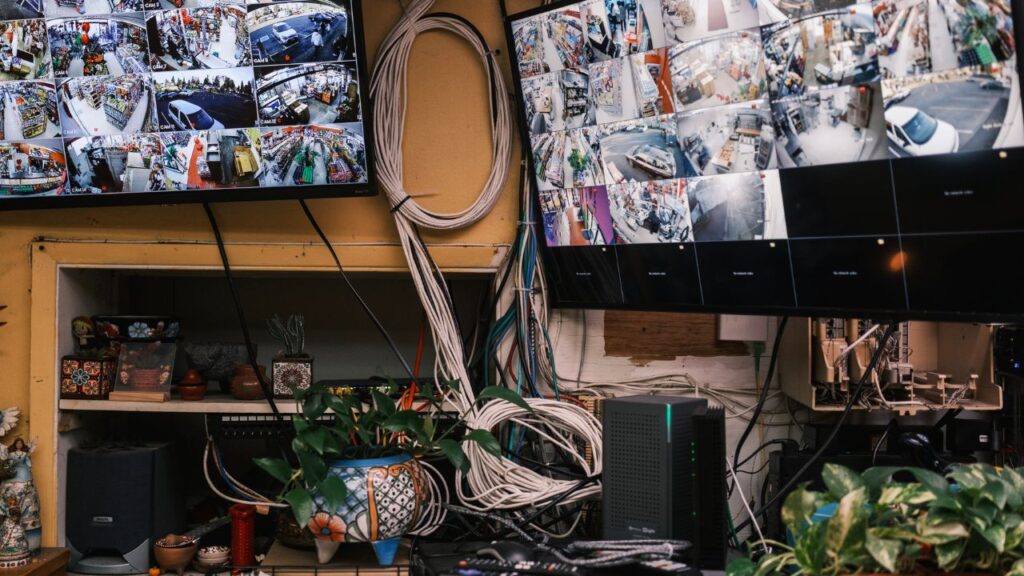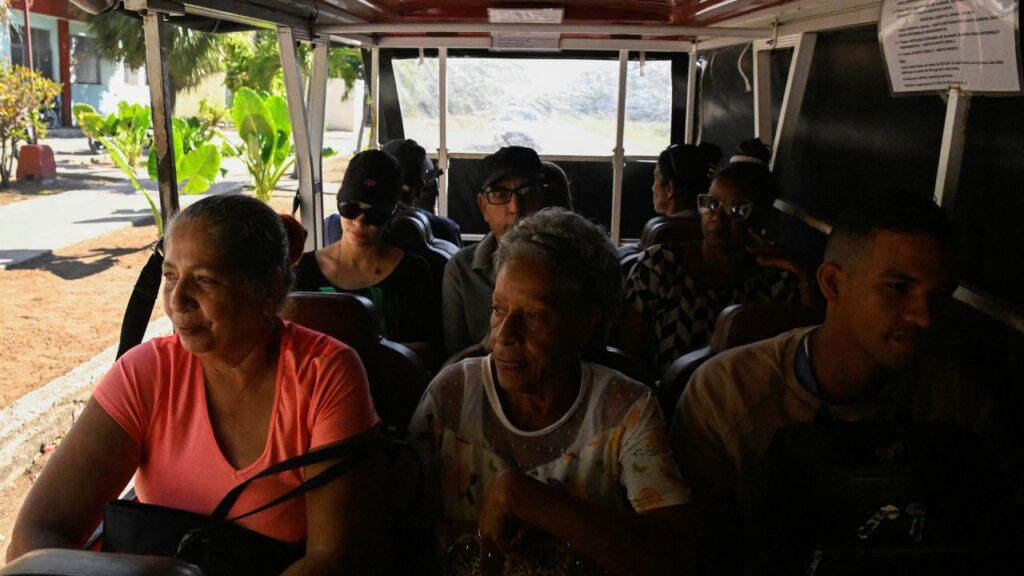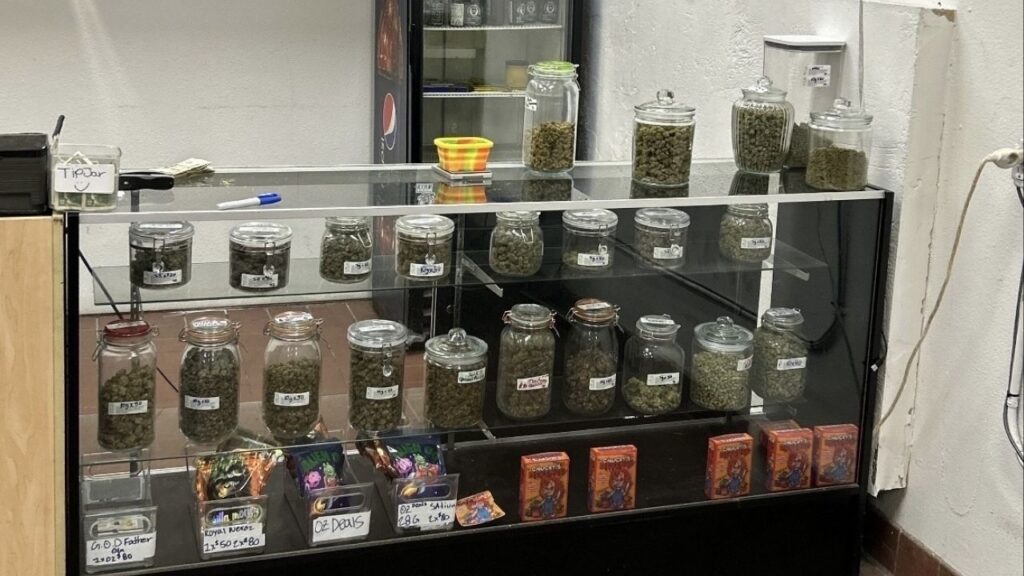Share
|
Getting your Trinity Audio player ready...
|
For the first time in their 26-year history, the Fresno Grizzlies revealed they made a profit. And, the city received $100,000 of the surplus in a profit-sharing deal.
The information was revealed last week, as the Fresno City Council voted 7-0 for several amendments to the baseball team’s lease at city-owned Chukchansi Park.
The amendments were a request from new owner Diamond Baseball Holdings, which needs city approval to complete its sale from Fresno Sports and Entertainment, first announced in November. MLB has approved the deal.
It was also a chance for the council to meet a member of the team’s new ownership group. DBH head of mergers and acquisitions Henry Shepherd appeared in the chambers and repeatedly said they will not be absentee owners. He was joined by team president Derek Franks.
“The reason we are doubling down on Derek and his staff is because we want to be present here in Fresno,” Shepherd said. “We fully acknowledge that this team should be operated differently and its charm should be maintained from the other teams we own. We are really just excited to invest alongside this city. We strive to be good partners to the municipalities in which we operate. We strive to give back to the community. We also recognize this stadium as a unique community asset here in Fresno, and it’s certainly our goal to activate this stadium on a higher basis than it already is.”
DBH owns 29 minor league teams, including two in California — the Grizzlies, and its California League rivals, the San Jose Giants.

Team Turned First Profit in 2021
The team’s lease includes language to share a “net surplus,” in essence sharing the profits on an escalating scale. For the first $500,000 of net surplus, the team shares 15% with the city. For the next $500,000, the team would share 20%.
City Manager Georgeanne White said the city shared $100,000 in profits for the 2021 season. Based on the city receiving that figure, the team made a $687,500 profit for the year — its first as a Single A affiliate. Neither the city, nor the team, confirmed the 2021 profit amount.
Grizzlies president Derek Franks said that is the first season the Grizzlies have been profitable since their inception in 1998. He also said the team turned profits in 2022 and 2023, although those financial numbers — and the city’s share — are pending.
Attendance increased in 2022 and 2023 but still lags the Grizzlies’ pre-pandemic and Triple-A-affiliated seasons.
Shepherd said there are economies of scale with a 29-team ownership group. He mentioned partnering with Fanatics for merchandising, and Oak View Group for concessions. The Grizzlies currently partner with Pro Sports Catering, a contract that runs through 2025. The team does its merchandising largely in-house.
Shepherd said Fresno is a prime Single-A market.
“When you look at the Fresno market relative to other minor-league baseball markets, but especially Single-A markets, this market has a great population. It has strong demographic trends. It has a widely varying range of economic viability. But we’re not investing behind a $50 ticket or $200 ticket. We’re investing behind affordable, family-friendly fun that caters to … the size of this market,” Shepherd said.
The team makes 60% of its revenue through baseball games, and 40% for non-baseball events such as concerts and Mexican league soccer games. Shepherd said “activating the ballpark” for non-baseball events is a “huge” focus.
Councilmember Miguel Arias said he is concerned about keeping prices in line for the non-baseball events. Arias said that if prices go up, he would introduce amendments to the lease.
“I’m going to be very closely watching how we’re managing the fees and the prices,” Arias said. “But if that profit comes at the expense of the stadium becoming less affordable for the local community to use, who’s paying 95% of the cost, I don’t think we’ve met our legal and fiduciary responsibility to the taxpayer.”
Shepherd said his group has no incentive to price anyone out of the stadium.
The team’s lease of $100,000 a year will not change. The city pays the first $300,000 of utility costs. The team keeps revenues for non-baseball events, concessions, and parking.
Councilmembers peppered city staff and team officials for nearly 30 minutes about the team’s finances and how much the city has upgraded the stadium. Arias said the city has spent $5 million on stadium improvements, including a new scoreboard, in recent years.
The original 15-year, $1 million-a-year stadium naming rights agreement between the team and the Chukchansi tribe expired after the 2021 season. The Grizzlies announced a 10-year renewal with the business arm of the Picayune Rancheria of Chukchansi Indians in December 2021.
A source told GV Wire the renewal rate was $450,000 a year. The team and the tribe declined to comment on how much the new naming rights deal was worth.

Desire to Return to Triple-A
When MLB reorganized the Minor League system after the 20220 season, the Grizzlies were at risk of contraction. MLB was going to cut 40 teams. As a compromise, the city accepted the Grizzlies’ demotion from Triple-A — the highest level of the minors, comprised of several players with MLB experience — to Single-A, the lowest level comprised of youngsters with usually one or two years’ of professional experience.
Councilwoman Annalisa Perea asked what the chances are the Grizzlies return to Triple-A. Shepherd said they would “actively pursue that if given a chance.”
“I certainly cannot commit to elevating the classification of this club. But what I can say is that this is a Triple-A market. This is a Triple-A stadium. This is a Triple-A staff,” Shepherd said.
For the Grizzlies to become a Triple-A team again would require a Triple-A franchise to become available — either if a team moves; or if MLB expands, requiring expansion throughout minor-league baseball.
One possible scenario is the Las Vegas Triple-A team, which could become displaced when the Oakland A’s move to Sin City. The A’s have not announced their plan after the 2024 lease in Oakland expires, and in 2028 when their stadium on the Las Vegas Strip is ready.
One possibility is for the A’s to play their games at Las Vegas Ballpark, in suburban Summerlin. The stadium is currently the home of the Las Vegas 51s, the A’s Triple-A affiliate in the Pacific Coast League. If that is the solution, it could mean the displacement of the 51s. It could also mean that somehow, both teams play at the stadium at the same time.
MLB, in 2020, sent the city a letter, that it would make a good-faith but non-guaranteed effort to restore Fresno as a Triple-A city.
DBH On Buying Spree
Shepherd said DBH “hopes” to acquire 10 more teams in the next year. If that comes to fruition, DBH would own one-third of the 120 MLB-affiliated minor league teams.
With each news release following a team acquisition, DBH and minor league baseball said that the current team leadership would remain intact. The ownership group also said that most teams would stay put and continue to be affiliated with their current big-league clubs.
DBH used to be under the umbrella of publicly traded Endeavor. DBH bought six teams in December 2021 for $179 million, and four teams in January 2022 for $64.2 million, according to Endeavor’s annual reports.
Endeavor spun off DBH as a private company and sold it to investment firm Silver Lake Partners (which already was an investor in Endeavor) in September 2022. The price for the company, which owned 10 minor-league teams at the time was $280 million, Endeavor’s 2022 year-end report stated.
Silver Lake has $95 billion in assets under its management, according to some estimates.
Ballpark Digest reported the sale of the Salem Red Sox to DBH for $14 million. The Boston Globe reported that DBH made an offer to buy the Worcester Triple-A team for $50 million.
Several of DBH’s purchases were owned in whole or in part by a Major League Baseball team. Ballpark Digest reported that DBH and MLB are investors in sports merchandiser Fanatics.
The actual sale price for the Grizzlies to DBH wasn’t revealed, but a consultant told the city council the price would be break-even if not a loss. Financial data is still being scrutinized.
The Grizzlies have a non-relocation agreement through 2036. If the team does move, the owner would pay a substantial financial penalty to the city. If the team were to abandon Fresno in 2024, the team would owe the city a $23 million penalty.
The city still has about $21 million in bond debt for the stadium, which will be paid off by 2031.

Council Wants to Keep Derek Franks
Team president Derek Franks, approaching 20 years with the Grizzlies, stood along Shepherd. He worked his way up as a hot-dog-suit-wearing intern to team president and part owner — although Shepherd told the council that Franks no longer owns a piece of the team.
Several councilmembers said they appreciated dealing with Franks as the local face of the team. And, they expressed trepidation that Franks does not have a contract with the team — he is an at-will employee.
Franks said he has no intention of leaving.
“I’d start the next 20 (years) if you guys will have me,” Franks said. “All indications are, I’ll be around for a long time.”
Shepherd said it is not the standard of DBH to place its executives under contract.
“We are crazy about Derek. We have no intention of moving Derek. I’m on the record here. Derek is our local representative. He is the face of the franchise and this was very intentional to kind of invest behind Derek,” Shepherd said.
Lease Changes
Changes to the 2018 lease, and subsequent amendments, include:
- Removing language that requires the team to “make reasonable efforts” to sell to a local buyer;
- The Grizzlies would be responsible for meeting MLB standards for park items such as batting cages, electrical, and HVAC;
- Increasing the amount the team contributes to the annual capital reserve fund from $50,000 to $100,000. The city would remain paying $50,000. The contributions would still increase by 2% a year;
- A change in the language of the city receiving a “net surplus” if the team is sold. The original language had a de-escalating percentage the city would receive if the team were sold between 2019 and 2021. Those dates are now moot. The city would receive 10% of a net surplus, as it would in the original contract, only if the Grizzlies are sold in a stand-alone transaction, and not part of a larger DBH multi-team sale;
- Increases the financial threshold the team needs to notify the city to “conduct business” from $25,000 to $50,000. The Grizzlies must still notify, but they would no longer have to obtain written permission from the city. This would allow the teams to make merchandising and other deals easier, especially within the DBH operation;
- Reiterates that DBH continues with profit sharing and will provide the city financial documents, and the city “shall use its reasonable best efforts to maintain the confidentiality of such information.”
- In an amendment proposed by councilmember Nelson Esparza, the team will provide the city with a bigger stadium suite.
RELATED TOPICS:
Categories
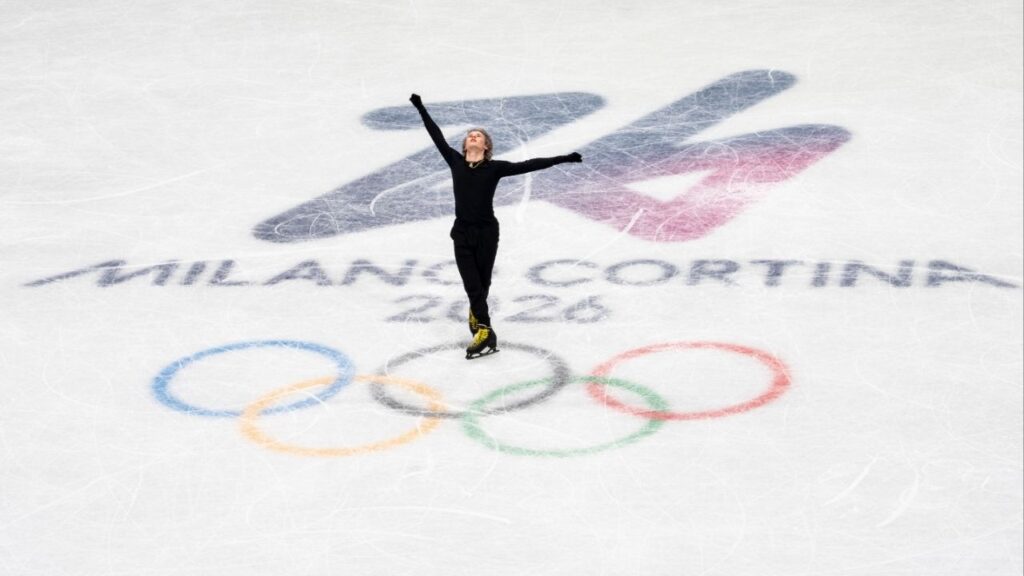
Hey Ilia, America Is Still Proud of You.
